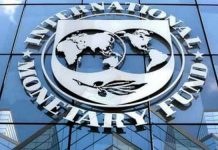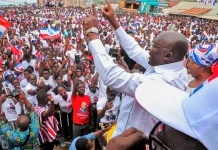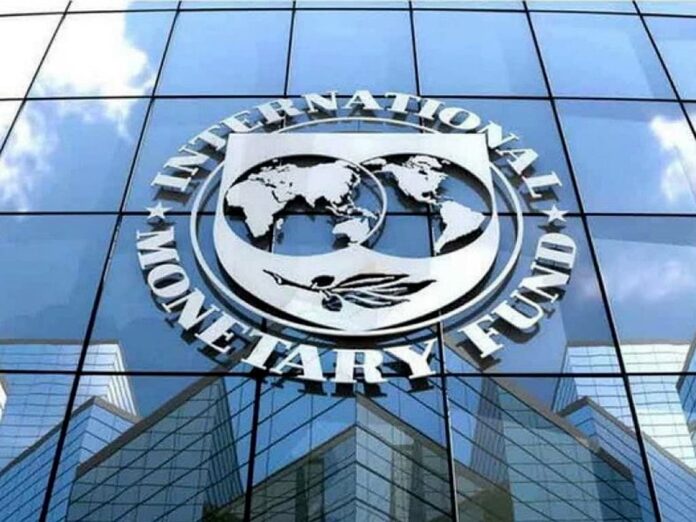An International Monetary Fund (IMF) team, led by Mission Chief for Ghana, Stéphane Roudet, has reached a Staff-Level Agreement on the third review of the Extended Credit Facility with Ghana.
A series of meetings were held in Accra from September 24 to October 4, 2024, to discuss progress on reforms and the government’s policy priorities.
In the end, Mr Roudet said in a statement that “the IMF staff and Ghanaian authorities have reached a staff-level agreement on the third review of Ghana’s economic program under the Extended Credit Facility arrangement”.
According to the team, the staff-level agreement is subject to IMF Management approval and Executive Board consideration.
“Upon completion of the Executive Board review, Ghana would have access to SDR 269.1 million (about US$360 million), bringing the total IMF financial support disbursed under the arrangement, since May 2023, to SDR 1,441 million (about US$1,920 million)”, it assured.
The statement pointed out that the performance under the program has been generally satisfactory.
It added that all the end-June 2024 quantitative targets were met, and progress on key structural reforms has continued notwithstanding delays in a few areas.
“The IMF policy and reform efforts under the program have continued to deliver encouraging results”, the IMF team remarked.
Providing more details, the statement said the economic growth in the first half of 2024 was much higher than initially envisaged, primarily fueled by mining, construction, and information and communication activity, with a broadening of the sources of growth across sectors during the second quarter as inflation continued to decline.
“The recent dry spell affecting the Northern regions is expected to adversely impact agricultural output, potentially constraining growth and adding pressure on food prices for the remainder of the year. However, the government’s policy response should help mitigate these risks. In addition, the Bank of Ghana is committed to maintaining a tight monetary policy stance to support a continued decline in inflation”.
It pointed out that fiscal performance in 2024 has so far been strong, and Ghana is on track to achieve a primary surplus on a commitment basis of ½ per cent of GDP, despite emerging spending pressures from the recent drought in the northern regions and difficulties in the energy sector.
According to the team, discussions with government centred on reforms to enhance energy sector sustainability and transparency, as well as policies and reforms to strengthen revenue collections and expenditure controls in the run-up to the December elections.
“We also discussed efforts to strengthen key social protection programs to protect the most vulnerable from the impact of difficult economic circumstances and ongoing policy adjustment”.
The IMF said Ghana has made remarkable progress on its public debt restructuring.
“After successfully restructuring domestic debt last year and reaching an agreement on a Memorandum of Understanding with Ghana’s Official Creditors Committee (OCC) under the G20 Common Framework in June, the government has just announced the successful completion of the consent solicitation to restructure its Eurobonds, with the exchange planned to take place in the coming weeks”.
It stated that the government has shown commitment in pursuing good-faith efforts to reach an agreement with other commercial external creditors on a debt treatment consistent with program parameters and the comparability of treatment principles.
Touching on the external sector of the economy, the team observed that it has seen considerable improvement in 2024, driven by strong exports—particularly gold and to a lesser extent oil—and higher remittances with international reserves accumulating beyond program targets.
“Financial stability has been maintained, with progress on recapitalization and increased bank profitability.” IMF staff met with Finance Minister Adam, Bank of Ghana Governor Addison, and their teams, as well as representatives from various government agencies. The IMF team also engaged with other stakeholders. The IMF staff team would like to express their gratitude to the Ghanaian authorities and other counterparts for their continued open and constructive”, the statement concluded.
























